John Harris
Marketing Manager / PexetoDuis vel ullamcorper mauris, eu pretium felis. Duis gravida laoreet velit. Cras lobortis pellentesque nibh, id venenatis nisi. Pellentesque id erat faucibus lorem sagittis faucibus. Vivamus id est mattis, venenatis ligula id, pretium nulla.

Lisa Kimberly
Web Designer / PexetoMorbi ultrices dui id risus mattis egestas. Quisque dapibus lacus id congue ornare. Duis vel ullamcorper mauris, eu pretium felis. Duis gravida laoreet velit. Cras lobortis pellentesque nibh.

John Doe
Web Developer / AppleLorem ipsum dolor sit amet, consectetur adipiscing elit. Nunc pharetra euismod enim, ac ultricies nunc fringilla nec. Nam in vehicula lorem. Duis a lorem vitae leo tristique vestibulum. Suspendisse rhoncus eros lorem.

John Harris
Marketing Manager / PexetoDuis vel ullamcorper mauris, eu pretium felis. Duis gravida laoreet velit. Cras lobortis pellentesque nibh, id venenatis nisi. Pellentesque id erat faucibus lorem sagittis faucibus. Vivamus id est mattis, venenatis ligula id, pretium nulla.

Lisa Kimberly
Web Designer / PexetoMorbi ultrices dui id risus mattis egestas. Quisque dapibus lacus id congue ornare. Duis vel ullamcorper mauris, eu pretium felis. Duis gravida laoreet velit. Cras lobortis pellentesque nibh.

John Doe
Web Developer / AppleLorem ipsum dolor sit amet, consectetur adipiscing elit. Nunc pharetra euismod enim, ac ultricies nunc fringilla nec. Nam in vehicula lorem. Duis a lorem vitae leo tristique vestibulum. Suspendisse rhoncus eros lorem.
Bob de Graaff
Profesor de intelligence și studii de securitate / Universitatea Utrecht și Academia Olandeză de ApărareThe 22nd edition of the IKS Conference, about which I had heard already many good tidings in the past, lived up to my expectations in all respects: a gathering of collected wisdom and experience in intelligence from around the world hosted by a combination of Romanian efficiency and hospitality. Great presentations on current and potential developments in intelligence and its task and value environment, much food for thought and the possibility to make easy connections amidst many familiar as well as a host of new faces. It all contributes to the development of intelligence studies as an academic discipline in Europe, which I can only applaud as the chair of the European Chapter of the International Association for Intelligence Education.
Joseph Wippl
Profesor în domeniul practicii relațiilor internaționale, fost ofițer CIA / Universitatea din BostonThe October 2016 Conference sponsored by the National Intelligence Academy of Romania continued a tradition of focusing on current and future intelligence issues of common concern to an international assemblage of practitioners, academics and experts. The topics of discussion included improved analytical tools, informational warfare techniques, policies for encryption challenges, intelligence agency cooperation efforts, radicalization as a prelude to terrorism and intelligence education. The scope and organization of the conference permitted and encouraged participant discussion on all topics of intelligence interest. Beyond the substance of the presentations, the conference demonstrated the areas of common concerns among the participants from all over Europe and North America. The conference encouraged continued future contact among the various government agencies and international experts on such issues as analysis and terrorist prevention. On transnational issues like terrorism, proliferation, organized crime and rogue states, the conclusion at the conference was that intelligence agencies and experts must work together on these threats common to all.
Davide Barbieri
Profesor în domeniul metodelor cantitative utilizate în analiza de intelligence / Universitatea Link Campus (Roma)It is always a pleasure to be back at IKS, the international conference on Intelligence in the Knowledge Society, organized in Bucharest by the Romanian Intelligence Academy. For me it is an opportunity to meet colleagues, friends and other intelligence scholars. The several panels tried to cover most of the issues and topics that contemporary intelligence activities have to face: cognitive biases, open sources, cyber warfare and the like. Particular attention was devoted to the problem of privacy and backdoors in communication systems. An interesting presentation described the recent EU-funded ARMLET project for training air marshals. My contribution tried to highlight the necessity of exploratory methods to elicit new hypotheses, in order to diminish the typically confirmatory nature of intelligence analysis. As a side note, I would like to have more room for an open discussion at the end of each presentation (and not of the session), in order to encourage a seemingly shy audience to ask questions and challenge the lecturers.
